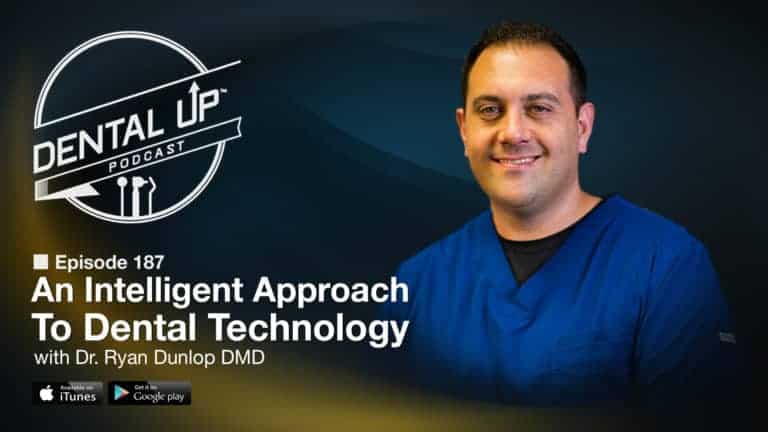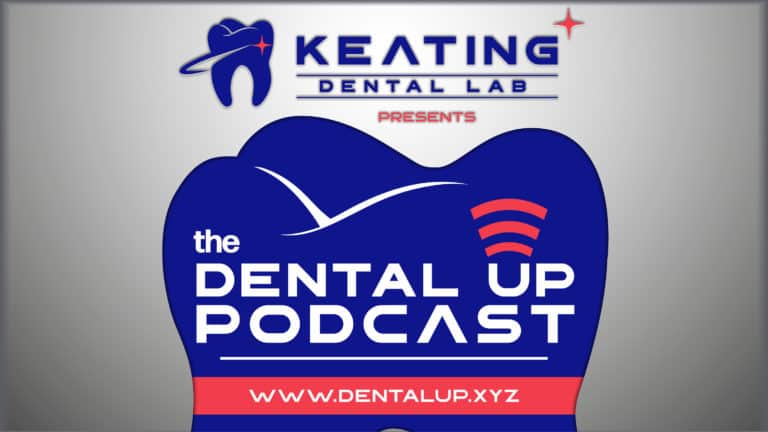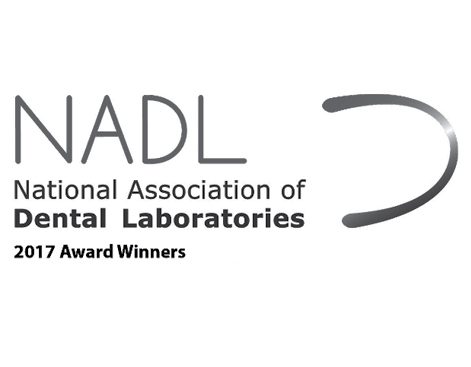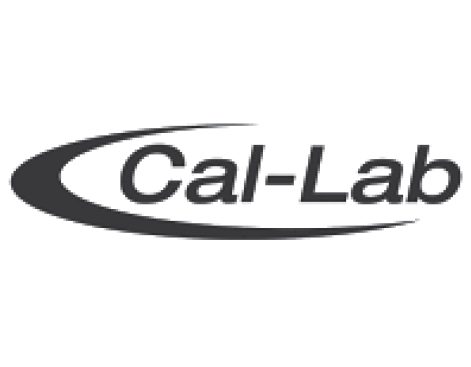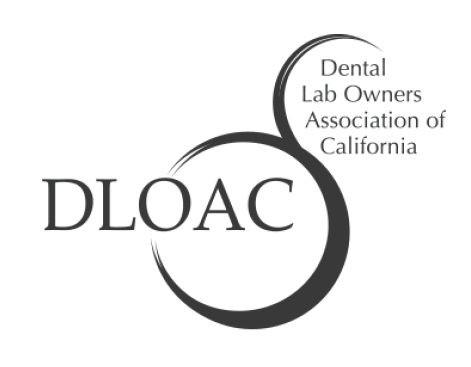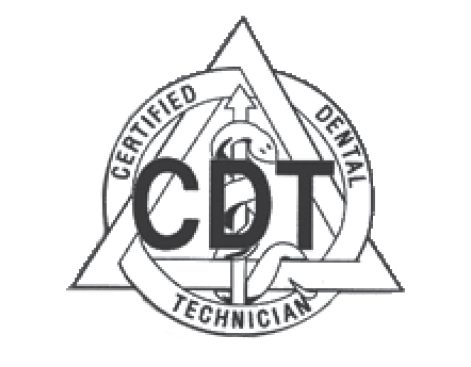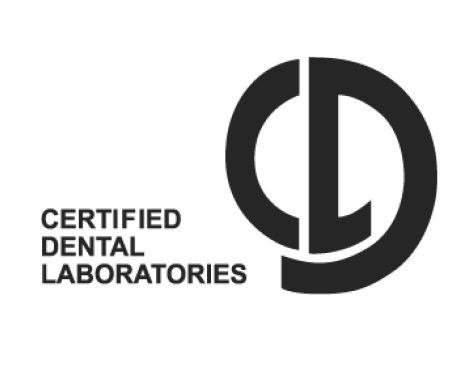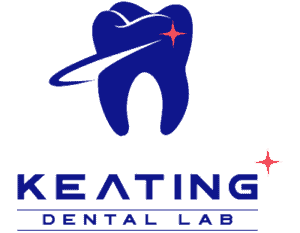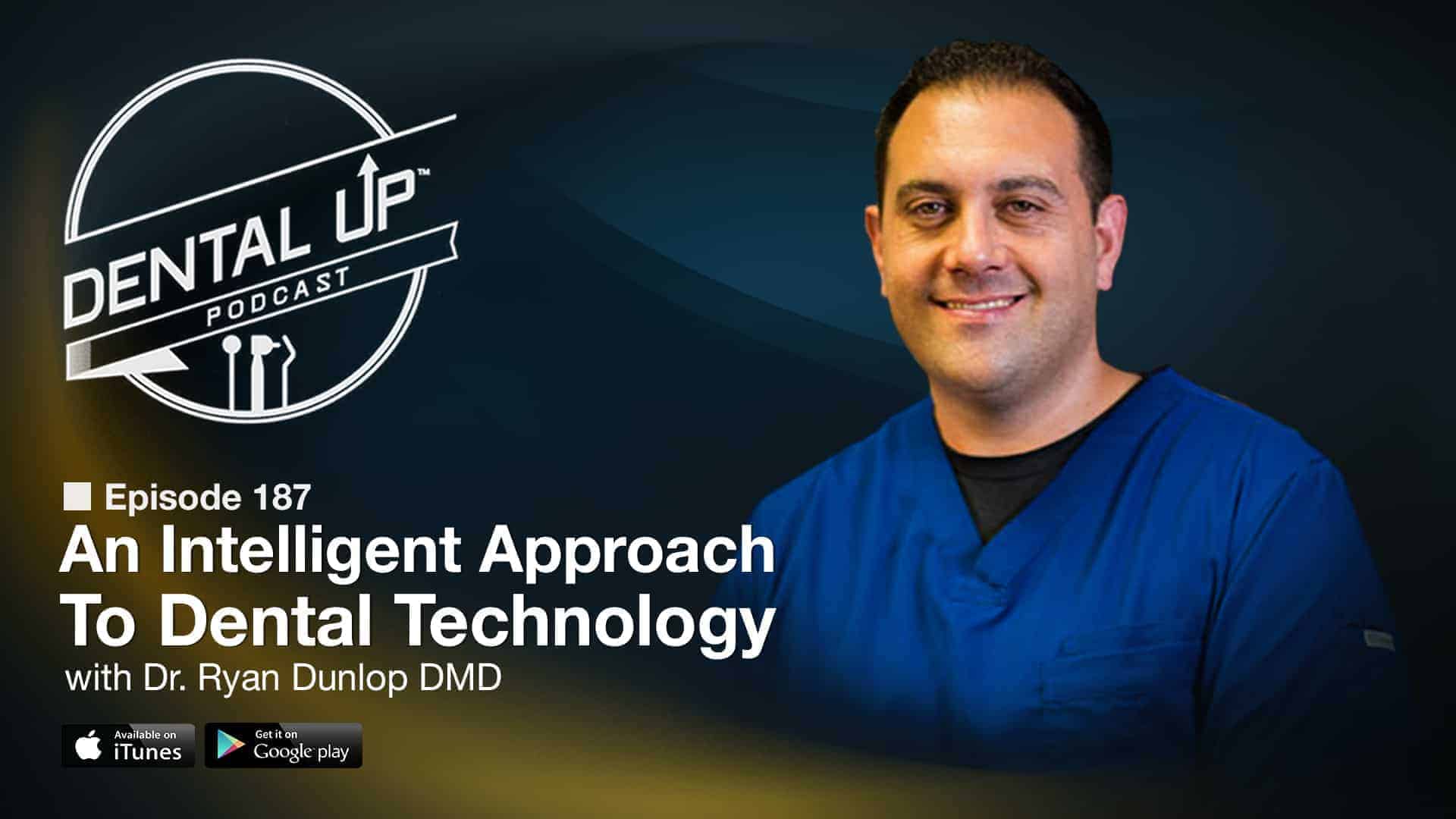
![]()
![]()
![]()
![]()
![]()
Our guest this week Dr. Ryan Dunlop, DMD sits down with our host Brandon Fetters and shares why Dentists should understand the limitations of Dental Technology and know that the success of any procedure lies in knowing the core fundamentals of what you are working on. He also shares why one-on-one mentorships have a stronger impact on students and other dentists than going to a large convention with 200 other individuals. You will hear all this and much more on this week’s episode of The Dental Up Podcast.
Things you will hear on this episode:
-What initially inspired Dr. Dunlop to pursue a career in Dentistry.
-The Importance of why a dentist should not settle on one Implant System.
-Dr.Dunlop explains how he is able to expand his business and obtain new patients in today’s dental industry.
-Why Dr. Dunlop believes that word of mouth is way more important than any marketing campaign.
Click here to learn more about Dr. Ryan Dunlop and his practice:
Practice Website: https://www.betterlifedentistry.com
Facebook: http://bit.ly/2KJ3yF5
[bg_collapse view=”link” expand_text=”View Full Transcript” collapse_text=”Hide Transcript” ] Host: Ladies and gentleman. Host: This is the Dental Up podcast brought to you by Keating Dental Lab, a full service award-winning dental laboratory. Each week you’ll learn tips and techniques from real world dentists bringing you in depth interviews, motivating stories, current events and sports. Here is your special host, the senior technical advisor for Keating Dental Lab, Brandon Fetters. Hey everyone. Brandon Fetters: Hey everyone, Brandon here. Welcome to another episode of the Dental Up podcast. Our guest this week studied anthropology and conducted research on Burning Mouth Syndrome at UCLA School of Dentistry. He later attended Harvard Dental School and won numerous clinical and research awards. These awards led him to research trends in postgraduate dental education, which was published in the prestigious Journal of Prosthodontics in 2007. Currently practicing from Fresno, California, please welcome Dr. Ryan Dunlop, DMD. How’s it going, Dr. Dunlop? Dr. Ryan Dunlop: It’s doing great. How are you doing today? Brandon Fetters: Doing excellent, thank you. Well, Dr. Dunlop, I really appreciate you taking time out of your busy schedule to meet with us on the podcast today, so let’s go ahead and jump right into it. Why did you get into dentistry? At what point in your life did you decide to really go for this profession? Dr. Ryan Dunlop: I would have to say that I was probably teenager, in orthodontic treatment myself. I had a really good relationship with my orthodontist and his staff and I really admired the kind of work that he did. And so I remember my mom telling me that when I got to college I might want to look at being a dentist and orthodontist like mine. And so that’s kind of what I did when I got to UCLA. I started off as premed or predental, and kind of worked my way through the different science classes. Realized about halfway through college that dentistry was definitely the right choice for me. My wife was going to go into medicine and I saw what that culture was going to be like and I just didn’t see myself there. I really wanted to be an entrepreneur and have my own business. Dr. Ryan Dunlop: So I saw dentistry as a perfect mixture between entrepreneurialship and being able to provide healthcare. So when I got to dental school, I realized that dentistry was a good fit for me, but I didn’t enjoy orthodontics the way I thought I would. I went to school with the thought that I would be an orthodontist and that didn’t pan out because I poked myself with wires too many times and then realized that I wasn’t a wire vendor and I wanted to do more surgical implant related stuff, that was really my passion. So I started on that pretty early and decided to forego an oral surgery residency or perio residency cause I really wanted to provide the full spectrum of care to my patients. So it was an interesting path that I took, but I’m happy with this goal. Brandon Fetters: Awesome. Where exactly did you attend school? Dr. Ryan Dunlop: I went to Harvard Dental School. I graduated in 2006 it was a really good experience. It’s a very small school, very personalized curriculum. I spent two years in Harvard Medical School mixed with the medical students. So that was a very, very enhanced education there. And after that I did two years of a GPR in New York city at the Bronx VA. That was a really good program for me. The extra education was really fundamental to developing my clinical skills. Harvard did a good job teaching to Chem Clinical Dentistry, but it wasn’t the focus, so a lot of the time there was a lot of other stuff going on in terms of research and institutional learning and stuff like that. So I felt like the GPR was really required if I was going to deliver a high quality general practice industry. Brandon Fetters: Absolutely. Now you mentioned the dental surgery. What’s your favorite procedure in dentistry? Dr. Ryan Dunlop: About 80% of my time is spent placing and restoring dental implants. So I’m a sedation dentist, so I provide my own IV sedation services. So the most rewarding cases for me are the full mouth extraction and implant reconstruction. They’re really life changing for people. I enjoy all phases of dentistry, but I definitely gravitate towards the surgical implant reconstruction cases. Brandon Fetters: Yeah. Excellent. Now when it comes to implants, do you have a certain system that you prefer to use? Dr. Ryan Dunlop: I’ve cycled through probably eight to ten systems in my career. I’ve never found a system that I felt was ideal for every situation. Some implants are good for immediate load procedures, but not very good for molars, and some are good for dentures, overdenture cases and some are good for immediate extraction cases. I’ve never really found one implant that works in every case because I just don’t think that’s possible. So I’ve really gone through a bunch of them. I currently use three or four systems in my office just based on my experience and what works well, so I don’t really have a favorite. Brandon Fetters: Gotcha, gotcha. Yeah, you can’t have that one size fits all. Everything’s custom in dentistry, so that’s a very good point. Dr. Ryan Dunlop: Yeah, it doesn’t work that way. Every mouth is different. Every site is different. I have two or three systems that I think work in most cases, but I think it’s very problematic for dentists when they want to settle on a system and just go with that one because you’re really pigeonholing yourself. There’s a lot of great products out there, a lot of great companies and if you just limit yourself to working with one, I think you’re cutting off your nose to spite your face. Brandon Fetters: Yeah, no doubt. Along those lines, do you have any advice you would give to new dentists coming into the profession? Dr. Ryan Dunlop: I get asked that a lot because I run a very large successful surgical or GP practice. I get asked all kinds of questions about how I built it and how I get so many new patient referrals and how I get so many quote unquote big cases. Simple. It’s not rocket science. You focus on quality and that is the bottom line. There are lots of quick tricks, there are lots of loopholes to get through. There’s lots of marketing companies that will sell you a bridge over somewhere. But the bottom line is if you’re not providing the highest quality dentistry that you possibly can, none of it matters. Because word of mouth is much, much more powerful than any marketing campaign. And even though I do spend a lot of money on marketing every month, it pales in comparison to the good will that I’ve created to the quality dentistry that I provide. Dr. Ryan Dunlop: So I tell young dentists all the time, don’t think about business CC courses. Don’t think about institutes where they’re teaching high level stuff. Don’t think about marketing. Don’t think about taking out loans to pay tens of thousands or hundreds of thousands of dollars in technology and consulting until you are providing high quality dentistry. And that takes a while to really figure out. If you can’t capture a crown margin, you can’t fill an endo appropriately, if you can’t do fillings as quickly and easily, if you can’t make a nervous patient call, if you can’t provide a really good experience for your patients, then you don’t need to be worrying about the other stuff. You need to worry about your diagnosis, your treatment planning, your execution of the treatment plan and the quality of your care. That is how. Brandon Fetters: Yeah, that’s excellent. Yeah. Got to have that true foundation before you can start building up the other aspects. Dr. Ryan Dunlop: Absolutely. And when people ask me, how do I do a full arch reconstruction in one day, implant reconstruction with immediate load and send people home smiling whereas before they were not? Well then I say, show me your work where you get a quadrant dentistry, three MLDs and a crown. Were you able to deliver all of that care and have it be very high level care? If you can’t do that type of work, if you can’t fill a molar endo to the apex, if you can’t do simple stuff extremely well, how do you expect to be able to handle something with so many variables and so much unpredictability as a full arch implant reconstruction? Brandon Fetters: Yeah, certainly. When you mentioned that about the, the immediate loads, I assume that you’re using CAD Cam and CT scanning, is that correct? Dr. Ryan Dunlop: Yeah, I’m more or less 10 or 12 years into my experience with large cases and I’ve gone through everything from dentures to chairside conversions to stage approaches and sinus grafting. This is an evolving field and I’m to the point where I rely very heavily on technology and equipment to provide same day reconstruction and the technology has become a fundamental part of my treatment planning and my case execution. But it only matters because I understand where it came from and what the limitations of it are and what the strengths of it are, having done everything else. So it becomes a tremendous tool when you understand how it came to be from a fundamental level. Brandon Fetters: I just can’t help but wonder. Do you speak at conventions or gatherings? Dr. Ryan Dunlop: Not really because I’ve done that. I did that earlier in my career and I find it difficult to connect with people and convey that type of information in large groups. I personally have never been to a lecture that changed my life. Most of the time I feel that large venues and large lectures are just opportunities for the lecturer to show off their best cases and to kind of talk about things in the abstract. But rarely do they give a look behind the curtain. So I prefer to teach. I do help other doctors and lab technicians and another people in the industry, but I tend to want to provide that to smaller groups, less than 10 people just because I just feel like I can’t connect and convey the passion that I put into my career when it’s a large group. Brandon Fetters: Yeah, that’s a very, very good point. It’s like having that a private lesson versus those large classrooms don’t ever really- Dr. Ryan Dunlop: Yeah, I have people come to my office and do mini residencies and over the shoulder and stuff like that, and I’ve mentored a few doctors across the country just by them coming out here and spending a weekend seeing what I do. It’s much more effective than trying to convince a room full of 800 people that you figured it out. Brandon Fetters: Absolutely. So when it comes to maintaining your CE credits, what do you tend to do for those? Dr. Ryan Dunlop: Most of the time, I’m not a big CE hound and I know there are a lot of doctors that preach taking a ton of CE, and I understand the importance of it, but whenever I look or seek out the opportunities, I always try to choose things that teach me how to improve my bottom line. Because it’s fun to take a CE course on something abstract or something that is out of your field, but you’re never going to bring that home and put it into play. It’s just going to go on the shelf like everything else. Dr. Ryan Dunlop: If it’s a procedure that you think you’d want to do or if it’s a system that you’re looking to employ, if you can get CE out of that training for that you killed two birds with one stone. You improve your workflow or your technique, but you’ve also gotten CE out of it. So I’m a big advocate of taking CE that actually matters instead of just taking it like a shot in the dark and hoping that you get something out of it. I’m too busy to listen to someone talk about something that doesn’t pertain to my daily life. Brandon Fetters: Absolutely. Have you ever thought about potentially going back to a professor type role to teach other doctors? Dr. Ryan Dunlop: It’s not on my radar right now. I live in Fresno and there’s no dental school in Fresno. If I were further down in my career and there was an opportunity to it, I would like that. I enjoy helping out young dentists. Right now, basically I have people who contact me online through social media all the time asking me for advice and I just answer the questions as best as I can. But yeah, if opportunity ever presented itself and I could be in kind of a mentoring role or an education role, I wouldn’t turn it down. Brandon Fetters: Now obviously you have quite a bit of a technology like you had mentioned in your office. What’s the latest piece of equipment that you have in your practice? Dr. Ryan Dunlop: That’s a good question. So I recently purchased the pick dental system, which is a digital implant capture system. The term for the technology is photogrammetry and it’s been around for a while, but it’s getting more and more popular as the technology for full arch reconstructions is getting more advanced. I’m really excited. I really enjoy using this technology because in the past, one of the hardest things to get correct on a full case was the path of fit. So you would work very hard to get the aesthetics right and to get the inclusion right. But then when you went to deliver your final prosthetic, which you put a lot of time and energy and money into, it didn’t fit perfectly and you had to make a choice. Well am I just going to crank this thing down and hope for the best, or am I going to redo it and find out where it went wrong? And I’ve done both. Dr. Ryan Dunlop: There’s pros and cons of both. Sometimes the patients just want to get their teeth and get out. They don’t want to go through the whole process again. Sometimes the dentist doesn’t want to go through the whole process again if we’re making everything. And then sometimes I’ve remade cases that didn’t fit perfectly and at the end they didn’t fit perfectly again. And so I invested in this technology that allows us to take a perfect implant impression from the time of surgery, which is humongous because you digitalize that patient’s case from day one. So you can deliver very high quality, very precise fitting temporary or final prosthetics in a very short amount of time. That doesn’t mean you have to go faster. On the case, you can stretch the case out for a month and let the patient heal and adjust and make changes. Dr. Ryan Dunlop: But because you’ve got it in their case in a modifiable digital file, you’re not stuck with what they have in their mouth. I’ve had cases that I changed five or six times over the last couple of months because of patient or my preference. And it’s so easy to go back to the digital file. You move the teeth around you 3D prints another tryin and you see how it looks. In the past you’d have to reset denture teeth and have the patient in for long visits. Now they tell us over the phone what they want to try differently. We just tweak it on our computer software, 3D prints another tryin and have them the next day. It’s very convenient and predictable and the outcomes are better and the patients are happier. Brandon Fetters: So with these same day deliveries, are you using any zirconia restorations to do that or what type of product are you using for that? Dr. Ryan Dunlop: Well zirconia takes a lot of time to submit to manufacturers. So I don’t see that as a feasible option for same day procedures. Plus I’m not sure I would want something that’s so hard. I can’t adjust it easily in the mouth. So the majority of my same day conversions are, with the pick system, we do a printed take home temporary that’s designed to only last, they last for a while, but we only want them to last for a few days to a few weeks. That gives my technicians time to work with some of the more rigid materials. So the patient basically goes home with a 3D printed temporary that’s designed to break if it’s chewed on too heavily, and a few days later that we have them back for what we call a long term temporary. It could be a finished product. You could have a zirconia full reconstruction done a few days after their surgery if you wanted to. Dr. Ryan Dunlop: That’s not my preference, but I know people who have done that. But what I choose to do is to have a man of middle framework with a longterm temporary material like the MMA, that can be delivered a few days after surgery and then they’re pretty much on cruise control. It’s a perfect fit because of the digital impression. You’ve already adjusted the occlusion because that was done at time of surgery. Does the longterm temporary look as good if not better than the finals I’m used to delivering, and they have them back after a few months and we make final adjustments and write down any changes, any issues they might be having and we go back to the digital file and we fine tune it and we tweak it where we need to. If we need to have them in for a final trial, that’s simple. But most of the time people are very happy with their longterm temporaries and we just basically copy them into the final zirconia or metal base, whatever restoration you want to do. But it’s very predictable. Brandon Fetters: Excellent. Out of curiosity, are you using PFMs at all still? Dr. Ryan Dunlop: No, I haven’t put a PFM in the mouth in at least five years. I get just as good if not better results with all of my ceramic materials. I mill in house, so I have a wet dry milling unit here in a full service lab so I can experiment with whatever materials I want and I have just found great success rates with full zirconia crowns, bridges. If I need a more translucent material, we switched to Emacs or disilicate materials. Between those I haven’t found an issue with anything. So I think those two materials by themselves can cover the vast majority of cases. Brandon Fetters: Ah, okay. That makes sense. Well, Dr. Dunlop, Thank you so much for being on this week’s episode of the Dental Up podcast and for sharing your story on how you built up your practice and not only that, but also helping our younger dentists understand the limitations of dental technology and that the rest really depends on their initial fundamental knowledge of the procedure that they’re doing. And for our listeners that want to follow up with you, look below at our show notes and there you will have the contacts for your social media as well as your website. Well, Dr. Dunlop, thank you again for being on the podcast. If you have any questions or need anything, please let us know. Hope you have a wonderful weekend. Dr. Ryan Dunlop: Oh, you’re very welcome. Thank you. Host: Thanks for joining us on the Dental Up podcast show this week. Make sure to follow us on Facebook, Instagram, and Twitter, or search the Dental Up podcast on iTunes for our weekly feed. Don’t forget to visit Keating Dental Lab dot com slash promo for exclusive offers. Keating Dental Lab is a full service dental laboratory and we’re nationwide. We’d love for you to send us a case so we can show you the Keating difference. If you dig what you heard, please leave a review on iTunes and we’ll be back next week. [/bg_collapse]

